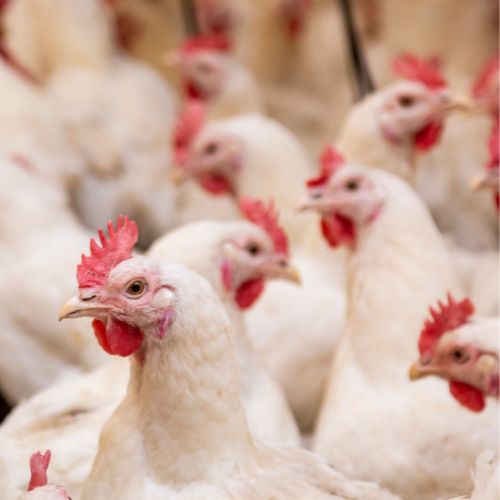
In India, farm animals the is necessary part of agriculture and contributes within the economy due to the fact that vintage a while. Many farmers of India rear Cattle, Buffaloes, Sheep, Goat, Pigs and Horses and many others. Livestock rearing calls for the maximum care and protection of animals from extremes of weather conditions. Extremes of climate are always dangerous for dwelling beings, particularly monsoon that favors the propagation of various sort of pathogenic organisms like micro organism, virus, fungus and parasites. Despite of this, animals need refuge to protect themselves from heavy rainfall, winds and hailstorm. In this text we can talk approximately a few simple issues faced via the cattle owners and their feasible answer. Problems of farm animals rearing at some point of wet season The issues encountered through the farmers within the wet season can be labeled in following factors: Leaky roofs of animal shedleakage of water in to animal shed causes the soreness of animals. The amount of humidity increases significantly within the shed and for that reason causes the accumulation of ammonia gasoline in the shed. That ends in the infection of eyes. Wet shed additionally favors the growth of many commensal and facultative micro organism. Feed and water-the wet season doesn’t mean the enough amount of the secure drinking water for the livestock. Similarly, the fodder develop at the wet season incorporates masses of the moisture that stuffed up the belly and practically it has no use. The watery feed ends in the water feces. In addition, if the storage feed come to be wet due to leakage of rain water from damaged roof, then it will expand moulds. If we give mouldy feed to the animals then these can motive cancer to them. Internal parasitic infestation-In rainy season because of overflow of drain water, the cases of parasitic infestation turn out to be high. Farm animals accidently consumes parasitic eggs (eg. Tinea eggs) together with green fodder, that results in formation of tissue cyst inside the muscular tissues of farm animals and pigs. External parasitic infestation- Tick infestation is extra regularly discovered inside the rainy season. Large range of ticks inside the animal shed purpose the haemoprotozoan sicknesses particularly trypanosomiasis, theileriosis, babesiosis and some rickettsial diseases such Q fever. Udder contamination- cases of udder contamination is more in rainy season because of moist shed and bedding. Udder and teats of animal are available in contact with dirty floor and enter through teat canal and causes swelling of teats and udder. Animal suffers from fever and milk production also decreases. If animals left untreated then it reasons the fibrosis of udder and lead them to beneficial. Some preventive measures need to be taken during wet season: Before and for the duration of onset of rainy season animals have to be deworm towards diverse internal parasites. Farm animals have to be vaccinated for infectious sickness i.E.Haemorrhgic septicemia (HS), Black region (BQ), and Foot and Mouth disease (FMD). Provide clean and wholesome water for consuming to the animals and offer dry fodder along side green fodder to increase milk yield. Never leave animals for grazing all through wet season. To prevent the scarcity of fodder, farmers can prepare unconventional feed like hay and silage. Along with those they can also use mineral blocks like urea molasses mineral blocks (UMMB) to fulfil the mineral requirement of animals. Animal shed need to be repaired pre-monsoon to keep away from any leakage of water at some point of rain. Provide right air flow in animal house. Proper disposal of carcass via burning and deep burial approach to prevent in addition unfold of the infection. Regular spray of pesticides inside the animal shed to control the external parasites. Clean cow dung, left overfeed and urine very frequently to prevent animals from udder infections. Avoid long-term strain including delivery and underneath nutrition condition.Monsoon Season Care of Farm Animals